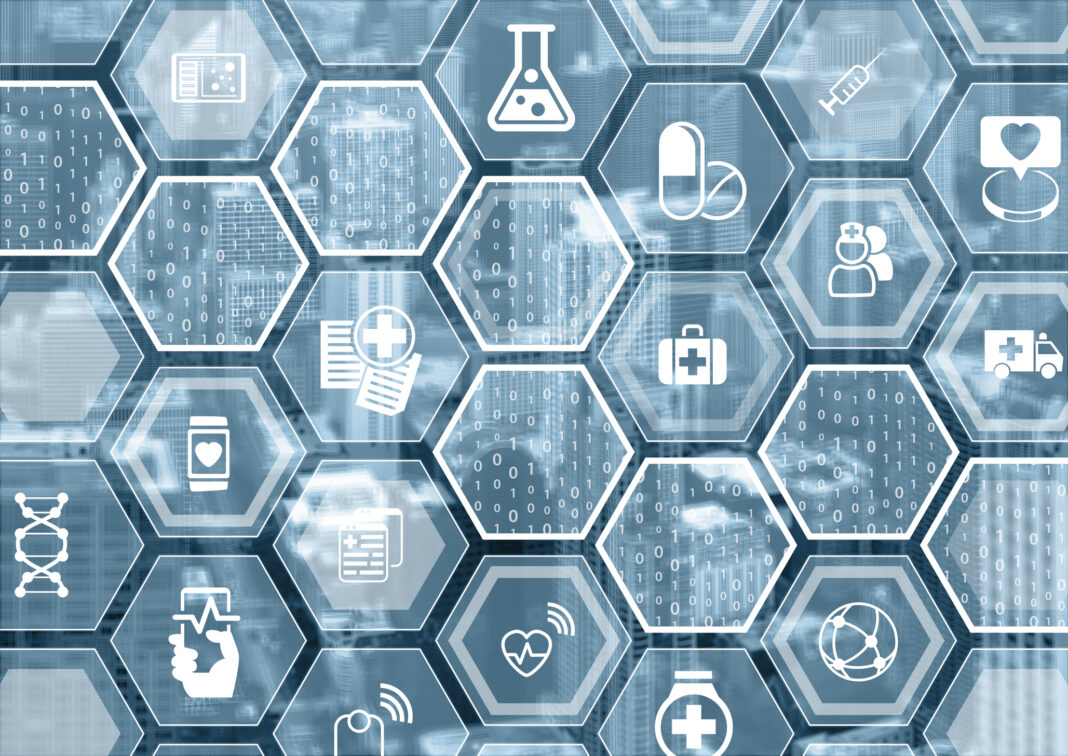Bristol Myers Squibb (NYSE: BMY) announced $7.965 million in new health equity grants to 24 U.S. non-profit organizations that aim to improve access and quality care to medically underserved patients and communities across oncology, cardiology, immunology and hematology therapeutic areas. These grants will bolster community outreach and education, increase patient support and care coordination services, and support diversity, cultural competency and collaboration among community health workers and patient navigators in communities across the U.S. To date, Bristol Myers Squibb’s total support in addressing health disparities as part of our 2020 Commitments is just over $39 million.
“Through our Health Equity Commitments grants and partnerships, Bristol Myers Squibb is focused on scaling what works in removing barriers that patients may face when accessing care,” said Adam Lenkowsky, senior vice president, general manager of U.S. Cardiovascular, Immunology and Oncology, Bristol Myers Squibb. “We know that the complexities of specialty care bring unique challenges that community health workers and patient navigators can help solve. They are trusted members of their communities, have deep knowledge of health systems and are vital to medically underserved patients receiving high quality care, including access to medical innovations and clinical trials.”
These health equity grants are part of Bristol Myers Squibb’s D&I and Health Equity Commitments, a $150 million 5-year investment launched in 2020 to address health disparities, increase clinical trial diversity, expand supplier diversity, increase workforce representation and enhance employee giving in support of social justice organizations.
In 2021, Bristol Myers Squibb awarded $11 million in health equity grants that were broad-based and addressed disease awareness & education, patient supportive services, access to care, diversity in clinical trials, diversity in the healthcare and biomedical research workforce, health disparities research and health equity policy advancement.
These new grants are strongly community-oriented and continue to drive deeper investments in proven health equity solutions. The 24 grantees include patient advocacy, community-based and faith-based organizations, medical societies, and non-profit healthcare institutions that together serve a wide range of communities across the U.S.
For example, in the largely Latino communities of Houston and El Paso, Texas, Orlando, Fla, Chicago and Los Angeles, Dia de la Mujer Latina will expand the role of Promotoras de Salud in lung cancer prevention, screening and care. In North Dakota, CommonSpirit’s Total Health community health workers will focus on the social determinants of health and connect rural patients and community members to non-medical services such as housing and healthy nutrition. The Asian & Pacific Islander American Health Forum will collaborate with 20 community partners in 16 U.S. states to train and implement community health worker and patient navigator programs for Asian patients facing cancer, cardiovascular and immunological diseases. The Multiple Myeloma Research Foundation will implement a pilot “train the trainer” program to bolster their Patient Navigation Center to improve the quality of clinical care for African American patients. In New Jersey, Crossroads4Hope will work with trusted community advocates to address the psychosocial needs of cancer patients in vulnerable communities.





